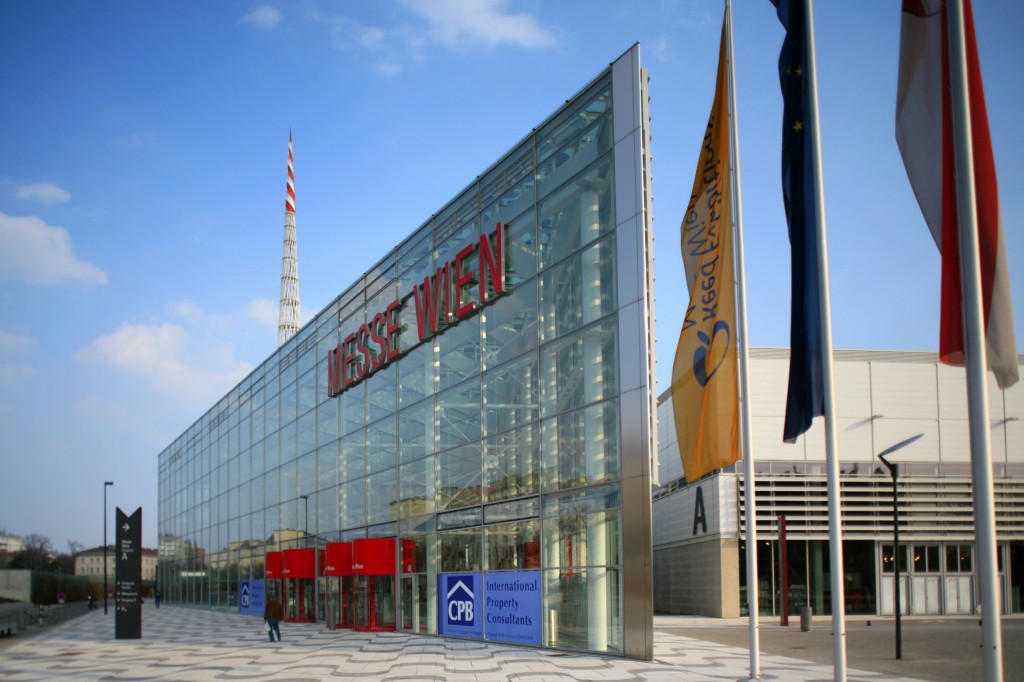In today’s session on WikiLeaks and whistleblowing at the World Editors Forum in Vienna, the panel included a number of news outlets which have chosen to publish WikiLeaks material, and some which hadn’t, who shared their thoughts on the platform and process. Some interesting opinions were discussed.
First up, N Ram, editor-in-chief of India’s the Hindu told the conference that his publication had a clear understanding with WikiLeaks and as a result the newspaper was able to offer a “series of worthwhile insights”.
It is an astonishing achievement for any journalistic venture, not to mention a not-for-profit that relies on volunteers. It shows the power of new technology but even more the power of ideas of justice and freedom including the idea that information wants to be free and you have to show very good cause if it is not to be free.
WikiLeaks has a role on the global media stage, as a reliable source, as an enabler. My contention is that there’s nothing nebulous about WikiLeaks or OpenLeaks as a source and we need to cut through the muddle. The muddle is not out there but in our mindsets as professional journalists who often work on the assumption that we have to follow clear standards for dealing with a source. This is a myth. Market practice takes in an astonishing range, from ethically sound rules to an anything goes approach e.g. paying sources, corrupting high value sources, stings purely for sensationalism.
He added that it is not just sources which have an agenda, as do news organisations.
There is no special reason to be suspicious of the agenda of WikiLeaks etc. You just have to apply good journalistic verification procedures and standards.
Another newspaper which partnered with WikiLeaks was Der Spiegel in Germany. Editor-in-chief Mathias Muller von Blumencron discussed the pressures of this form of work, saying there is a lot of credibility at risk if it emerged that such processes were not safe.
It seems in the digital age every step is traceable. Perhaps we all focus too much on technical aspect. In the end it all becomes a very human factor, which I think is more important than the technical aspect. It’s called credibility and trust. Does the audience feel the news organisation handled it in protective way?
He said the paper decided to deal with WikiLeaks last year, as it had the impression that “the material was so important that we had to find a way to publish it in a responsible way”.
We were also thinking it was valuable to work with partners in other parts of the world. Things change. sources change, We don’t know about the future, but what happened during the last month was not making us very happy [a likely reference to WikiLeaks’ decision to publish the US embassy cables in full unredacted form].
It was interesting to then hear the viewpoint of Tom Kent, standards editor and deputy managing editor of the Associated Press, which did not publish the material and is, in his words, a “virgin” as far as working with WikiLeaks is concerned.
Leaked information becomes really valuable when combined with interviews and analysis and leak sites tend not to do a lot of this. If leaking does become a new way of reporting, leakers will face the same issues as news outlets. How do you know what stuff is real? It will be increasingly possible to forge what seem to be authentic documents, or thousands of documents, so they may eventually find their credibility at serious risk. I would not like us to get to a place where we ask for information and authorities say “it’s secret, just try to steal it”.
Looking forward to the next step for newspapers, N Ram said papers need to be bolder and collaborate with hackers, “in a legitimate sense”.
The most elegant way will be to have an open-door approach. This can be a very powerful way of enabling although not soliciting sensitive material relating to security. We all have to gear up, take this seriously, because if we don’t do it other newspapers will.
During this panel session OpenLeaks co-founder Daniel Domscheit-Berg said why he feels journalists must become more aggressive.


